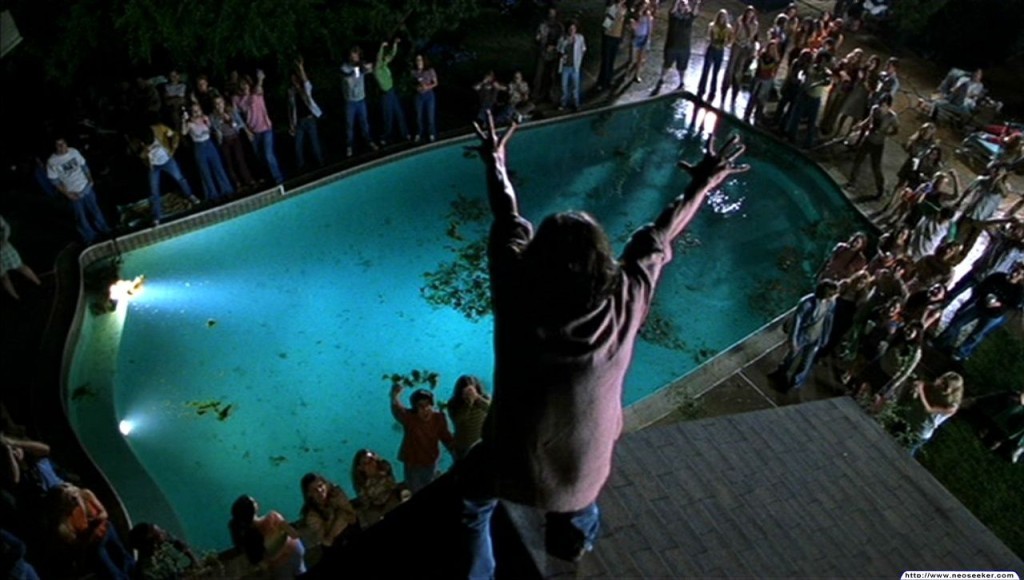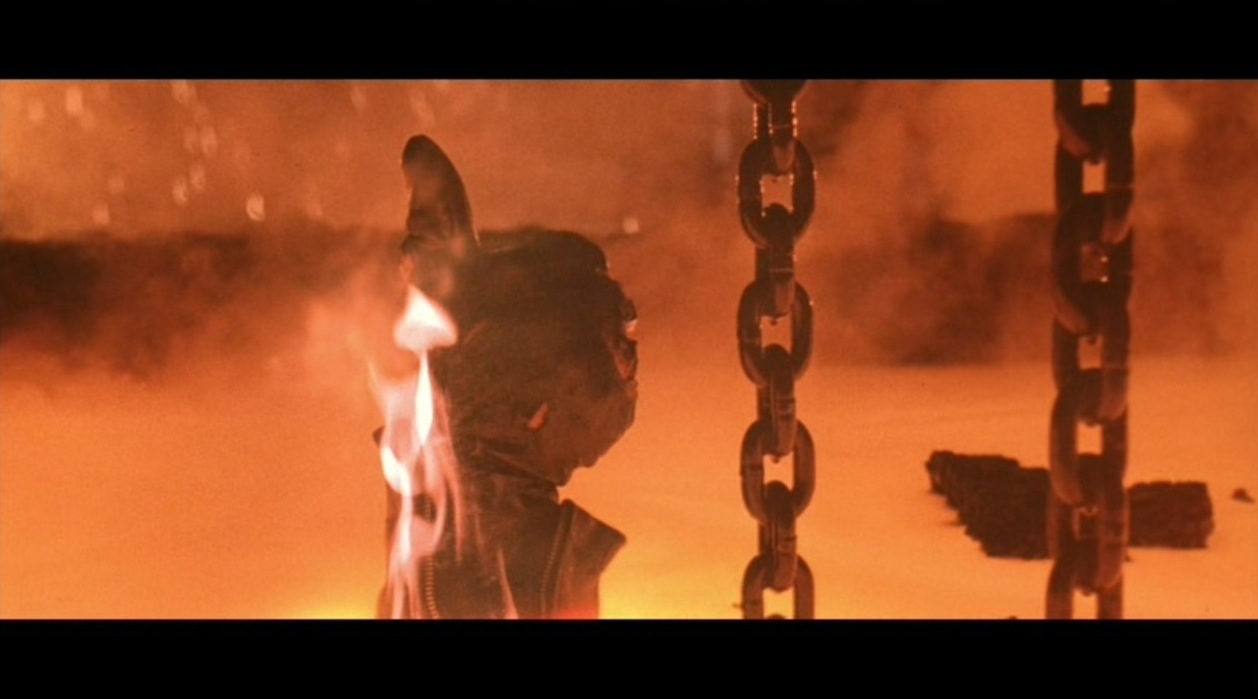Last month, we at the Other Press had the opportunity to attend the Canadian University Press’ Western, Prairies, and Northern Regional Conference in Prince George. It was a weekend of driving, networking, seminars, late nights, and more driving. Newspapers of all shapes and sizes came together and gave informal critiques about how everyone else was managing in the shifting landscape of student journalism.
While feedback was mostly positive for your favourite Douglas publication, a comment we received again and again about our paper, both in our physical layout and online, was that we needed to improve our Twitter presence. “Where do you put your Twitter hashtags for the articles?” “Do you allow writers to post their handles in the byline?” It’s hard for me to respond to this kind of feedback because of a substantial bias: I fucking hate Twitter.
“But he’s a journalist! Doesn’t he realize the future of print lies online and in social media?” I’m not so painfully ignorant that I’m going to ignore the obvious benefits of Twitter. The ability to produce information independently and distribute it to the online community within seconds is amazing and it’s a fantastic way to stay informed. But let’s focus on the negatives of it.
Because information is produced so quickly, the chances of false information being spread are much higher. There are no copy editors checking your tweets, so how can we be sure the information is accurate? There was an outbreak of Norwalk at a convention we attended two years ago and Twitter became our main source of information as we locked ourselves in the hotel room. Useful facts trickled in (BC Health issued a voluntary quarantine) while a shit ton of over-exaggeration flooded the Twitterverse (“Over a hundred people are sick!”). It’s helpful, but all it takes is one piece of falsified or misinterpreted information and you’ve suddenly got a game of Telephone going—with the whole Internet playing.
My main problem with Twitter is the personality traits it brings out in people. Users become so addicted to information and their Twitter personalities that it becomes second nature to check their phone every other minute. I’m guilty for spending more time with my iPhone than I do with anyone else, but that’s strictly for when I’m not in a social situation. When I’m with someone, I make a strong effort to keep my face time with my phone minimal. I guess I’ll jump back to my convention comparisons and talk about the time we had a keynote speaker telling us about the live tweeting the audience was doing while he spoke. Dude had his phone out while he was giving his speech, so it shouldn’t be surprising that over half of the audience members were on their phones at the same time. When did it become okay to devote only a percentage of your attention to anything for more than a few minutes? I feel like an old fogey here, but this new generation has it all wrong. I’m not suggesting we initiate some kind of smartphone witch-hunt and ban social media; just use a goddamn spoonful of tact and keep it minimal for certain situations.
This was through sheer coincidence, but it seems fitting that I began this Lettitor with a journalism conference experience, and that every personal narrative that followed came from frustrations at those same conferences. Aside from maybe in lectures, I never experience the kind of Twitter-induced techno-craze anywhere other than at journalism events. Maybe it’s because I’ve found the right group of similar-minded people to socialize with on a regular basis; maybe I’m losing my technological savvy; or maybe I’m wrong and Twitter really is a cornerstone of journalism’s future. Thankfully, this Clark Kent’s looking to be a teacher when he finishes school.
So it goes,
Jacey Gibb
Editor-in-chief


